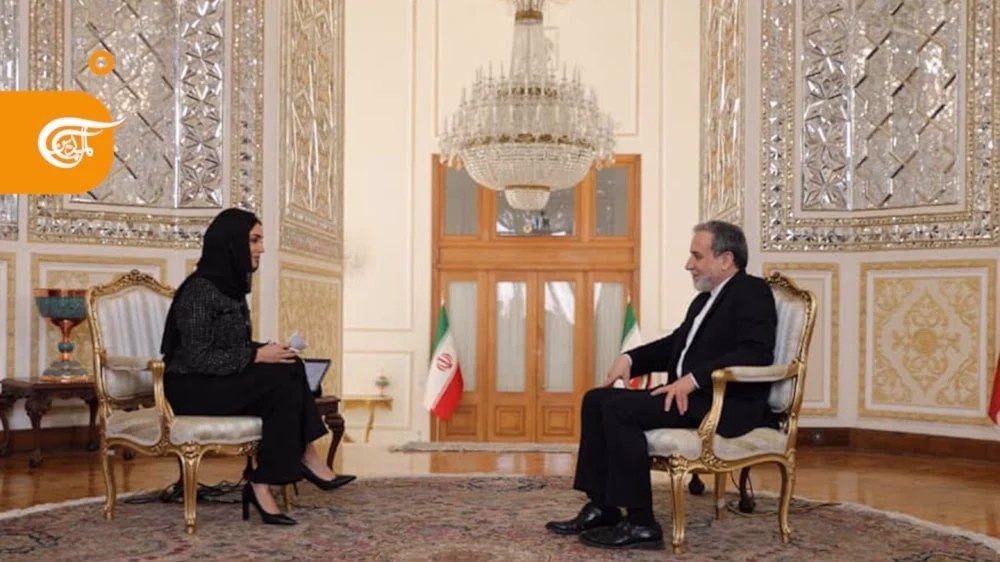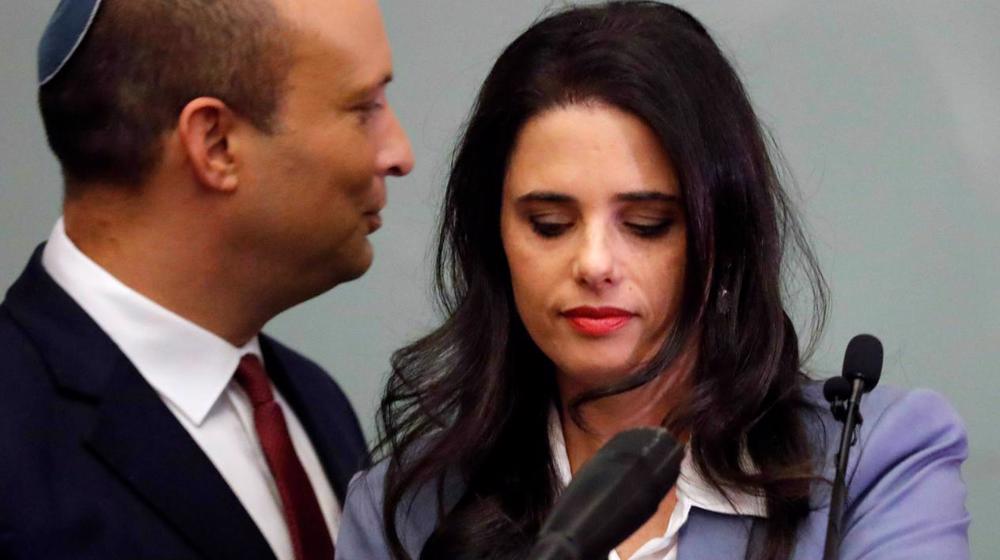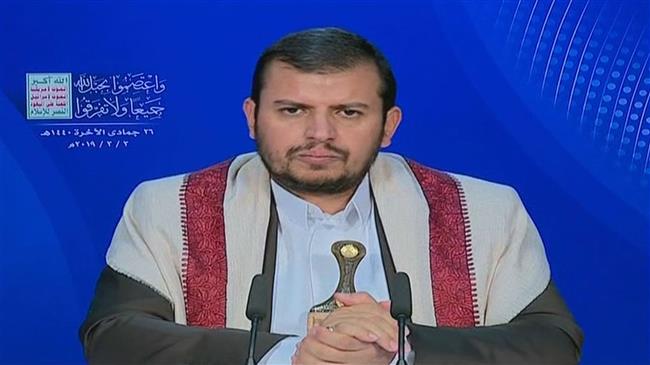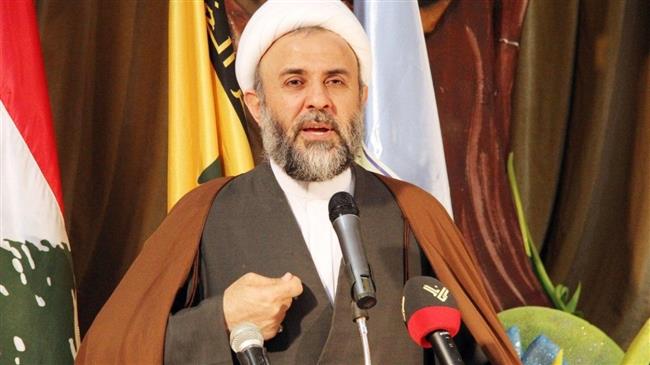Saudi Arabia, UAE, Egypt oppose bids against normalization of ties with Israel: Report
Delegates from Saudi Arabia, the United Arab Emirates (UAE) and Egypt at a meeting of Arab states have reportedly opposed bids condemning the normalization of relations with the Israeli regime.
Russia's RT Arabic television news network reported on Monday that Abdullah ibn Muhammad Al ash-Sheikh, the speaker of Saudi Arabia's Consultative Assembly, together with his Emirati and Egyptian counterparts opposed a paragraph in the final communiqué of the 29th Conference of the Arab Inter-Parliamentary Union in the Jordanian capital city of Amman, which demands an end to efforts aimed at normalizing ties with Israel and condemns all forms of rapprochement with the occupying regime.
Lebanese Parliament Speaker Nabih Berri, Speaker of the People's Council of Syria Hammouda Youssef Sabbagh and the Palestinian representative, in return, supported the decision to reject any sort of ties normalization with Israel, and stressed the need to keep the piece in the statement.
The paragraph states that “one of the most important steps to support Palestinian brethren requires the cessation of all forms of rapprochement and normalization with the Israeli occupiers. Therefore, we call for resilience and steadfastness by blocking all the doors of normalization with Israel.”

The paragraph remained intact in the final communiqué of the conference, rejecting any normalization of ties with the Israeli regime.
“Arab peoples categorically reject the rapprochement and normalization with Israel, and … Arab parliaments will submit to the will of Arab peoples,” Speaker of Jordan's House of Representatives Atef Tarawneh stated.
This comes amid reports that Israel and several Arab states have had secret contacts for years, and the two sides have stepped up their attempts to bring their clandestine relations out in the open.
On February 17, a report published by Israeli Channel 13 television network said Israeli Prime Minister Benjamin Netanyahu had held a “secret meeting” with Moroccan Foreign Minister Nasser Bourita last September.
French-language website Le Desk also reported in January that Israel’s national security adviser, Meir Ben-Shabbat, was working to arrange a meeting between Netanyahu and King Mohammed VI of Morocco in the North African state.
Moreover, the Warsaw conference – a US-sponsored gathering that was held in the Polish capital on February 13-14 -- brought together Netanyahu and representatives from a number of Arab states, including Oman, Morocco, Saudi Arabic, the UAE, Bahrain, Jordan and Egypt.
The so-called Middle East security forum was not, however, warmly received by Washington’s European allies, which had either boycotted or sent low-ranking officials to the conference.
Meanwhile, the Israeli regime also recently re-launched a “virtual embassy” in a bid to “promote dialogue” with the Persian Gulf Arab states.
In the most high-profile visit by an Israeli official to Persian Gulf kingdoms, Netanyahu in late November last year visited Oman, where he met Sultan Qaboos at the Bait al-Barakah Royal Palace in the coastal city of Seeb near the capital Muscat.
Israel’s English-language daily newspaper The Jerusalem Post reported that the two sides discussed ways to advance the so-called Middle East peace process as well as a number of issues of mutual interest with regard to the region’s stability.
Jordan and Egypt are the only two Arab states that have diplomatic ties with Israel.
VIDEO | Press TV's news headlines
Iran FM: Response to Israeli aggression 'inevitable'
VIDEO | Iran eases the rules for exporting hand-woven carpets
VIDEO | Intl. Day for the Elimination of Violence against Women: A stark reminder of Gaza women
Australia denies ex-Israeli minister Shaked visa
VIDEO | 85% of Yemeni displaced people face daily hunger crisis
US House passes bill targeting charities and pro-Palestine groups
VIDEO | Supporting Gaza genocide



















 This makes it easy to access the Press TV website
This makes it easy to access the Press TV website